

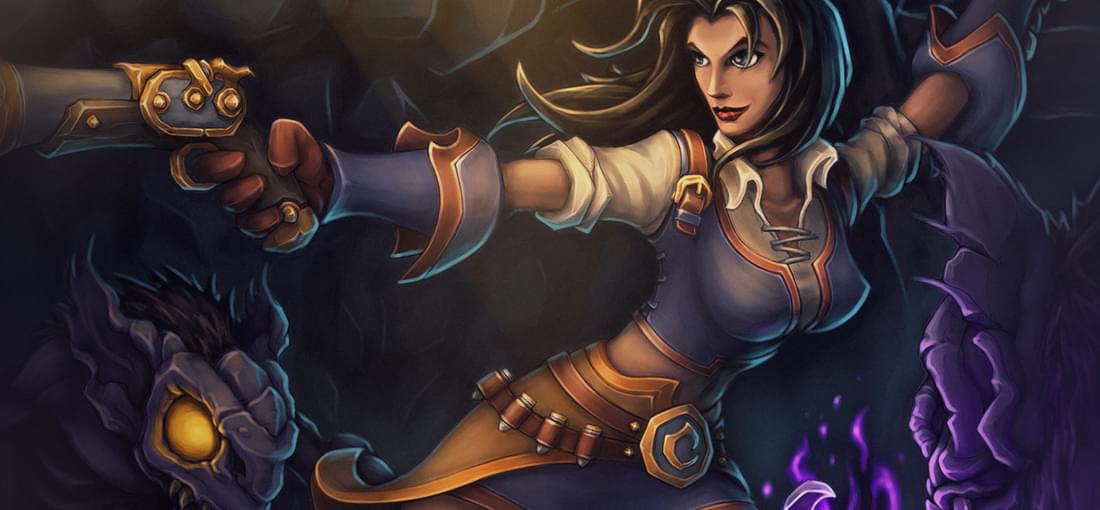
This is a good game. The characters and gameplay are fine-tuned to be as enjoyable and varied to play as possible. If you find the game too easy there are mods that can spice things up a bit. There is a game editor with the game and it's not hard to change things up if you take the time. It's not a long game, but neither was the original Diablo. This game only ever cost $20 at launch, so it is more of an indy-title than anything else, but it is really well made compared to the usual indy game.
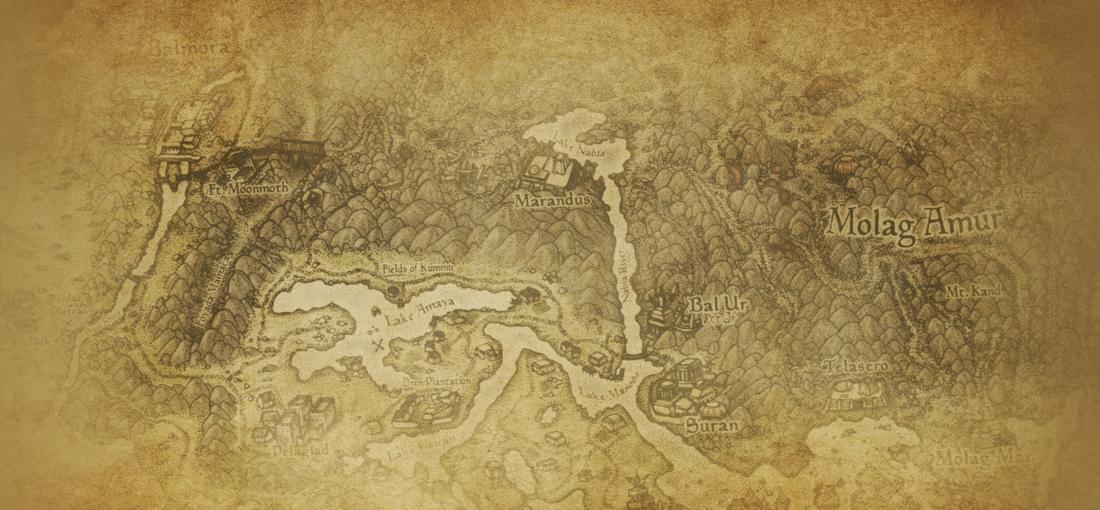
I like Daggerfall, but Morrowind beats it out because of mods and lack of level scaling. The best way to play Morrowind is without walkthroughs or maps. If you play it that way you will see why this game is so magical to many people. You wander into a ruin, find the enemies hand your ass to you, persevere and pick up a weapon that in a modern rpg would be offlimits due to level restrictions or scaling nonsense. I don't see why modern rpgs can't recreat this magic, but they don't.
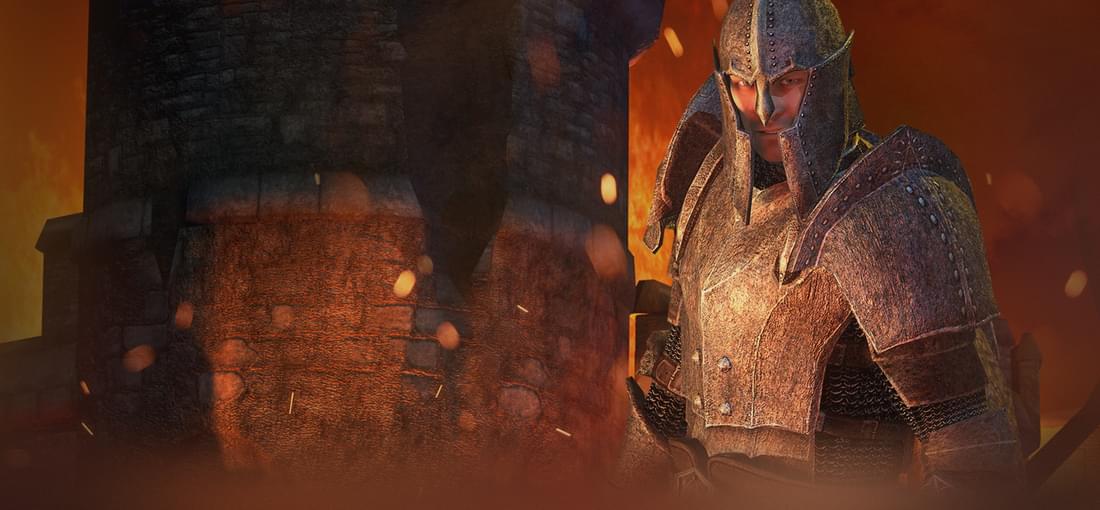
I sank over a thousand hours into Oblivion. Unmodded game is garbage due to level scaling nonsense. But stick the OOO and MMM mods (or variants thereof) on this and it is an amazingly fun game. You can get carried away with mods, but I learned the hard way that is not a good idea - you spend more time fixing issues than playing. Stick to graphics and some gameplay enhancements and it's an entertaining hack and slash RPG.
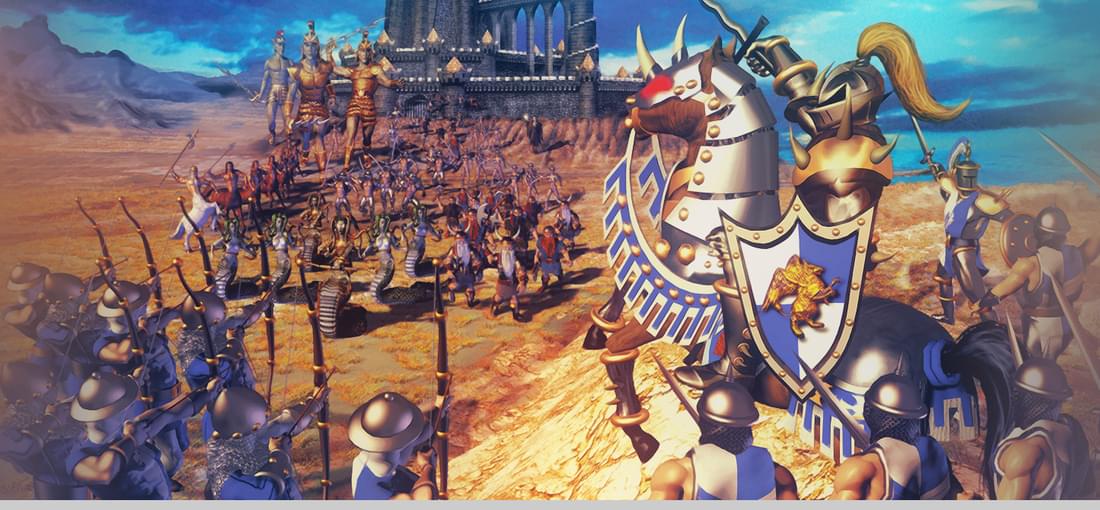
The more recent games can up the graphics but they cannot capture the magic of this game. It benefits from having the most factions, all of which are cool in one way or another (including the ones that don't seem very cool at first). I don't know how easy it is to access them now, but back in the day there were hundreds of player made maps for this game. Hell, I even did one myself. A lot of them were bad, but the good ones were very good indeed and, now that the dust has settled over many years, it should be easy to identify the best ones. Seriously, you could probably play this game forever. Every time you say "I'll just finish this map and then play something else" you will find youself starting another map. Note: I dislike the campaigns. I am not saying they are bad, they are just not the draw here. For me, the draw is the random/premade/fan-made maps.
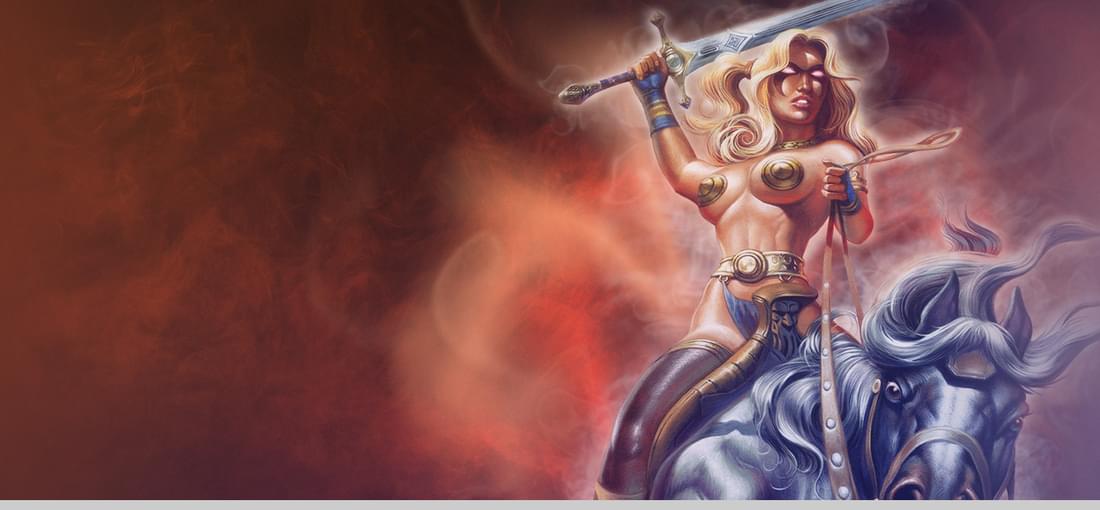
Well, I liked it a lot better at least. It is very Diablo-esque, but there are more RPG elements in the form of attributes, skills and combat arts. Why I like it more than Diablo II is that the world is an actual open world rather than a series of individual levels, and this makes it more atmospheric. It does not have the randomization of Diablo - although I always found that a fairly weak feature at best - but it makes up for it by just having a much bigger world, with many hidden locations. The main quest is fairly weak, designed to give you a tour of the map. This is a game that is more about side quests and exploration. There are about 10 dragons of different types hidden (mostly) about the map and these make for the most challenging fights. The main quest actually bypasses most of them, so if you just stick to the main quest you will miss a lot of the best parts of the game.
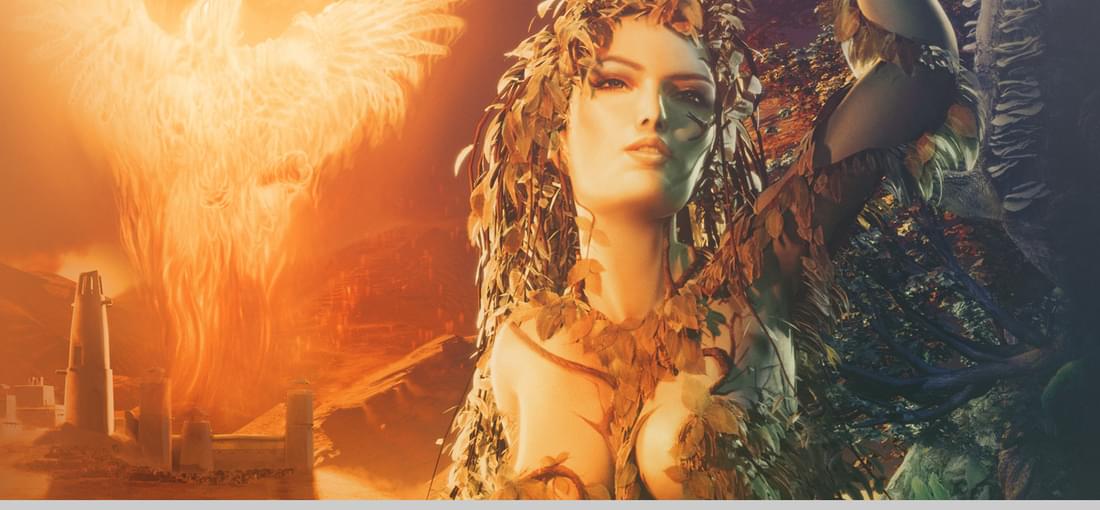
Voice acting is poor, graphics are dated, but this is a great blend of RPG and RTS. As someone who is primarily a RPG player, with some turn-based and RTS games from time to time, this was a perfect game for me. It might appeal less if you are primarily a RTS fan. My favorite feature is basically the combined RTS and RPG camera angles: you can zoom way out to give your troops orders, and then zoom right into third person RPG mode and control your character in the battle. No other game, except its sequel, gives you that epic hero feel like so many fantasy novels, where you do some quests with a small group and then get into big battles against hordes of enemies. The story is pretty good too. Sure, it's secondary to the gameplay and the plot is designed to move you from map to map, but there are some cool moments later on that make you think. The only thing I do not like about the RPG system - and I offer this as advice if you play this game - is that it gives you a lot of options but specialization is crucial to success. If you pick up too many different skills you will not be able to wield the best equipment and spells later on and you will be tempted to restart. It is hard to make a hybrid combat/magic character that works well, except for a paladin, white magic and heavy weapons and armor. Magic is very good in this game, particularly black magic and elemental magic. I recommend one or the other. You can also use melee, but it is a lot more one-dimensional - although you will be near unkillable later on. I am not exaggerating when I say this is one of my favorite games of all time. I wish there were more games that blended RPG and Strategy.
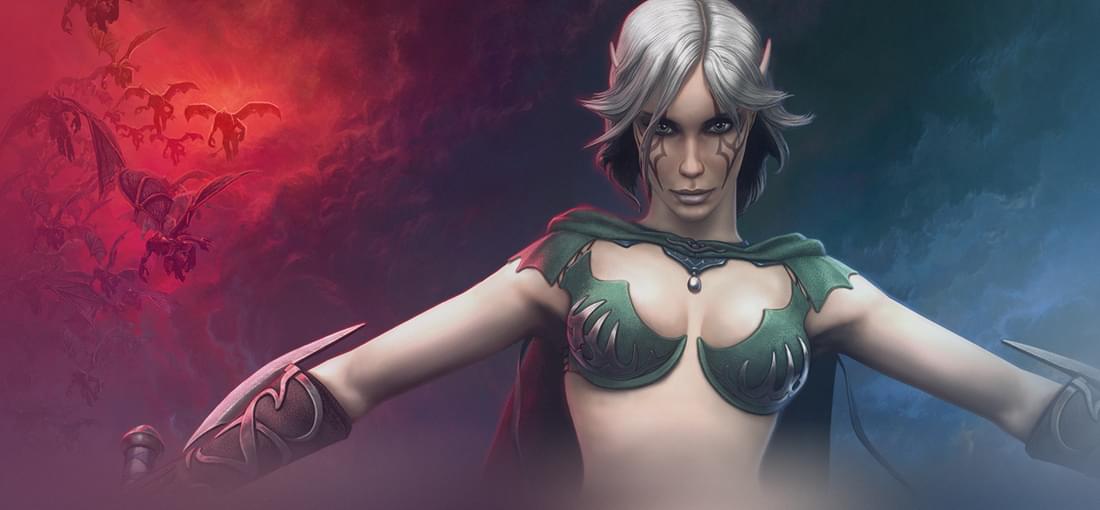
This is my favorite game of all time. I've spent 30 years playing almost exclusively RPG games, with only a few strategy/RTS games thrown in. Nothing has captivated me like this game did. Not Elder Scrolls, not Fallout, not Mass Effect, not Dragon Age, not The Witcher, not Infinity Engine games. I still can't get over the fact that I had the most fun out of all of them with a RTS/RPG hybrid. As other have said, this is not the best RTS, and it is definitely not much of a RPG, but it combines the two really well. My favorite feature - and I honestly think this is why I like this game so much - is the fact that you can zoom down from overhead RTS view to over-the-shoulder RPG view. It is actually possible to play most of the game as a third-person RPG, only zooming out to get your RTS elements up and running. The best part about the RTS, in my opinion, is the ability to zoom in and see your troops fighting en-masse in 3D. Eat that, Skyrim civil war 10 soldiers per "battle" nonsense. Since you are a hero and not just an invisible general, you can rampage about buffing and healing your soldiers, or nuking the enemy like a badass. The balance is well done, since you are much tougher than the RTS combatants but you cannot easily charge into the fray because several enemies will deplete your health in no time. If you are a RTS fan you might not like this game because it is definitely not a challenging RTS. However, if you are a RPG fan like me, you may find this game a great change of pace. I've played through this as RPGy as possible and the RTS elements enhance rather than detract from the experience. You want to be Gandalf in the battle at Minas Tirith? This game gets you closer to that feeling of "Hero in battle" as any other. Tip: lean towards magic in your skill choices, or at least be a hybrid - straight up melee gives you fewer options in combat. Oh, the included add-on is very good too.
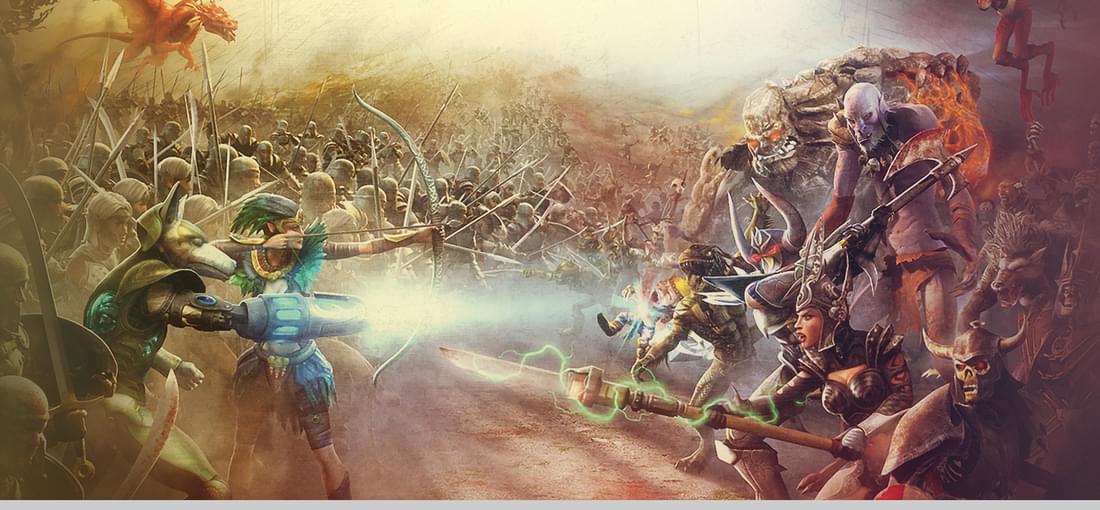
I must have sunk hundreds of hours into this game since it came out. It is not a perfect game but it was labeled a European Diablo II clone by the games media and unfairly written off. It definitely has similar gameplay, but the vibe is strictly tongue-in-cheek rather than grim demonic horror. Personally, I like this game much more than any Diablo game (which I've also played a lot) for a few reasons: 1. Open World. The world is huge and absolutely packed with different enemies, bosses, quests (600ish) and dungeons. It gives me that Elder Scrolls feeling, where there is a lot to see and explore but no real depth. The lack of depth may be a problem for some, but this game does not pretend to be a true RPG. 2. Content. Even now I find things hidden away in this game that I never saw before, like a unique boss monster or a subtle pop-culture reference. Like Diablo, loot acquisition is a major draw, with many armor sets and unique items. I particularly like the "Survival Bonus" feature, which acts as an incentive to avoid death: the longer you go without dying the greater the chance special items will drop and the harder the enemies become. 3. Graphics. Even today, when I load up this game I find the graphic very appealing. It is an isometric game like the Diablos, but the figures on screen are fairly large and detailed, and you can zoom in reasonably far to see characters up close. It is not so much the quality of the graphics as the atmospheric design. 4. Replayability. The game does not change, but there are six different characters you can play and each one has quite a large variety of builds because there are way more skills and abilities than you can learn on one character. Overall, this is one of my favorite games of all time and I never really understood the average reviews it got. It is fast paced, pretty hardcore if you want it to be, very engaging and it really scratches the open world exploration itch.
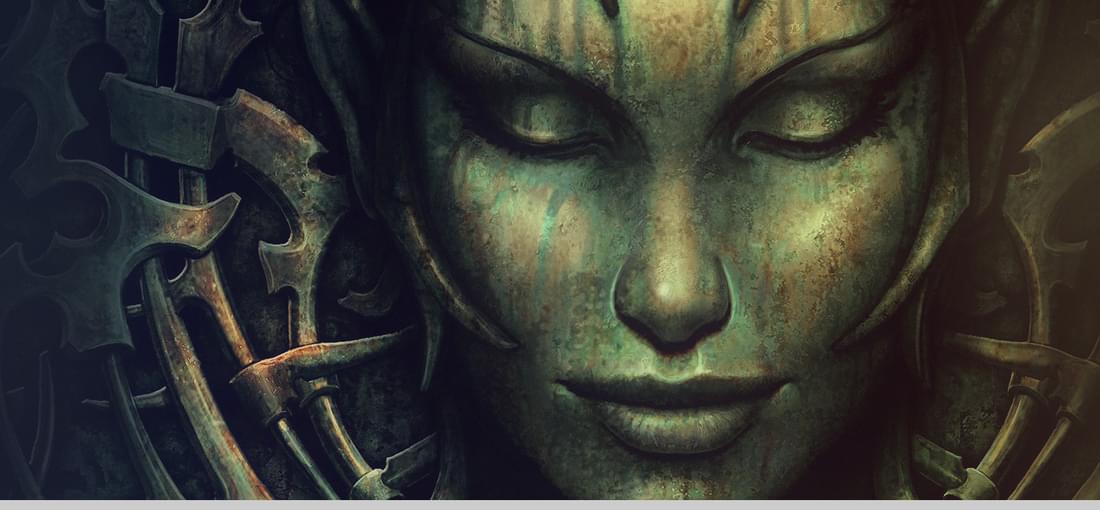
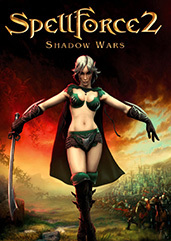
Due to its RPG/RTS label, the Spellforce series is misunderstood and underrated by many. The games have a full RPG interface, including skill trees and the ability to view the world over your character's shoulder. You can play most of the game as a party-based RPG, only having to zoom out when it comes to the RTS elements of building structures and creating an army. These RTS elements lead to some people claiming the game is not really an RPG, but if you think of classic fantasy literature there are almost always quest elements and epic battlefield elements. The Spellforce series is actually closer to the source literature in many ways. Most levels start with your character and a few other heroes having to navigate the terrain and complete a few quests. Some levels are entirely RPG, but most usually end up with you having to gather an army and lead it into battle. This is where Spellforce really shines, with epic scenes where you are charging into battle against enemy forces and encampments. You can lead and direct armies in RPG view, and your character and heroes participate in the fighting. Unless overwhelmed by sheer numbers your heroes are tough enough to take on most enemies on their own, allowing you to forgo many of the RTS elements if you wish. The way I played the series was to stay zoomed in over my character's shoulder for almost the entire game, which makes the world more immersive and the game more challenging. The combat is quite gripping and you have various combat moves and spells you can draw on, making it interactive and tactical. Another plus point of the series is the sheer variety of mission objectives. Perhaps you have to race through enemy advance forces to detonate explosives to block the pass and stop the main army; perhaps you have to disguise yourselves and infiltrate a enemy-held city; maybe your heroes have to explore demon-filled ruins; perhaps you have to defend your forces from never-ending waves of undead hordes while your heroes battle through the ghost city to destroy the source of the undead; maybe you have to build up the defenses of your own city in preparation for enemy invasion. Simply put: few RPGs are this exciting. Most people who play through the series think that the original Spellforce and its expansions are better than the sequel because Spellforce 2 has a “dumbed down” RPG system. Personally, I don't see this. The entire series is good, but Spellforce 2 is easier to get into and the graphics and interface are much improved. One recommendation I would make is to play as a magic-user, because the spells are particularly interesting and your avatar is the only character who can make full use of them. I have a hard time convincing myself that Spellforce 2 is a better RPG than classic RPGs like Ultima 7 and Morrowind, but I have to admit it is a lot more interesting to play because of the sheer variety of gameplay and encounters.